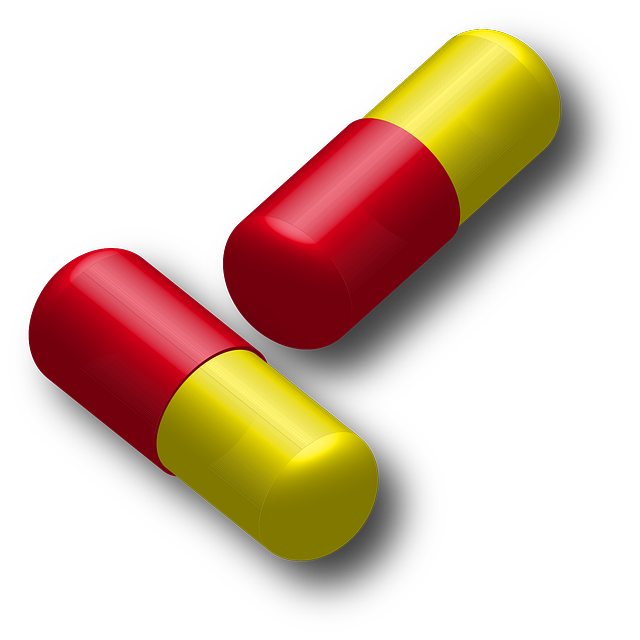Medicine is one of the top professions across the globe. As a profession, it has its professionalism that guides everyone in the lucrative field. It is important that everyone understands what it means to be a professional. During the training, one undergoes what may be referred to as the personal sense of professionalism. This helps one understand what it means to be a professional.
 Precision medicine basically concentrates on service, compassion, trustworthiness and altruism. These are the values that continually guide a professional in their course of duty. They are basic but important values that every professional should embrace. In the past decades, professionals in the field of medicine seemed to uphold these values. Today, things seem to be changing raising the questions as to whether medicine is still a profession.
Precision medicine basically concentrates on service, compassion, trustworthiness and altruism. These are the values that continually guide a professional in their course of duty. They are basic but important values that every professional should embrace. In the past decades, professionals in the field of medicine seemed to uphold these values. Today, things seem to be changing raising the questions as to whether medicine is still a profession.
The increase in the number of medical associated advertising their professionalism raises more questions than answers. These professions have adopted some watchwords such as accountability, quality and timeliness as the skeptical public demands that they uphold professional practice standards. It has been a matter of great concern not only to the general public but also to the loyal professionals who have stayed true to their calling. The growing trend of publication of individual report cards risks eroding values that have been guarded jealously for decades.
Excellent health care is not merely based on quick access to health care services. It requires close examination, sound judgment and insight into the condition. This comes with adequate training and experience. It is at this point that the core value of well informed altruism and integrity will come to play. This is the value that is slowly slipping on the grease of selfish commercial interests. In the long run, the knowledge base becomes distorted and people start losing faith in the professionalism.
Medicine professionals and professional associations have done a lot to patch the leaks brought about by the commercialization of the profession. One of the steps that have been taken is cutting ties between the professional knowledge base and commercial interests. This goes ahead to eliminated free samples, commercial gifts, and participation by faculty on hospital formulary committees when there are financial conflicts of interest and erecting unbreakable walls between continuing medical education and the industry.
With the efforts being employed to guard medicine professionalism, trustworthiness, which is the cornerstone of the practice, is set to stand a solid ground. Earning the trust of the general public is no easy thing. One has to demonstrate service, compassion and altruism to earn the trust. It thus crowns the social contract between the public and the profession. Maintaining the trust is thus an integral aspect of the medical professionalism.
Proper training is necessary for one to be a well grounded professional in the field of medicine. There is a lot that goes into building the patient-physician trust. This explains why it is necessary to train with renowned institutions. Training institutions play a major role in developing one into the professional they want to be. The selection of the institution should thus be done with great attention to the quality of training.

